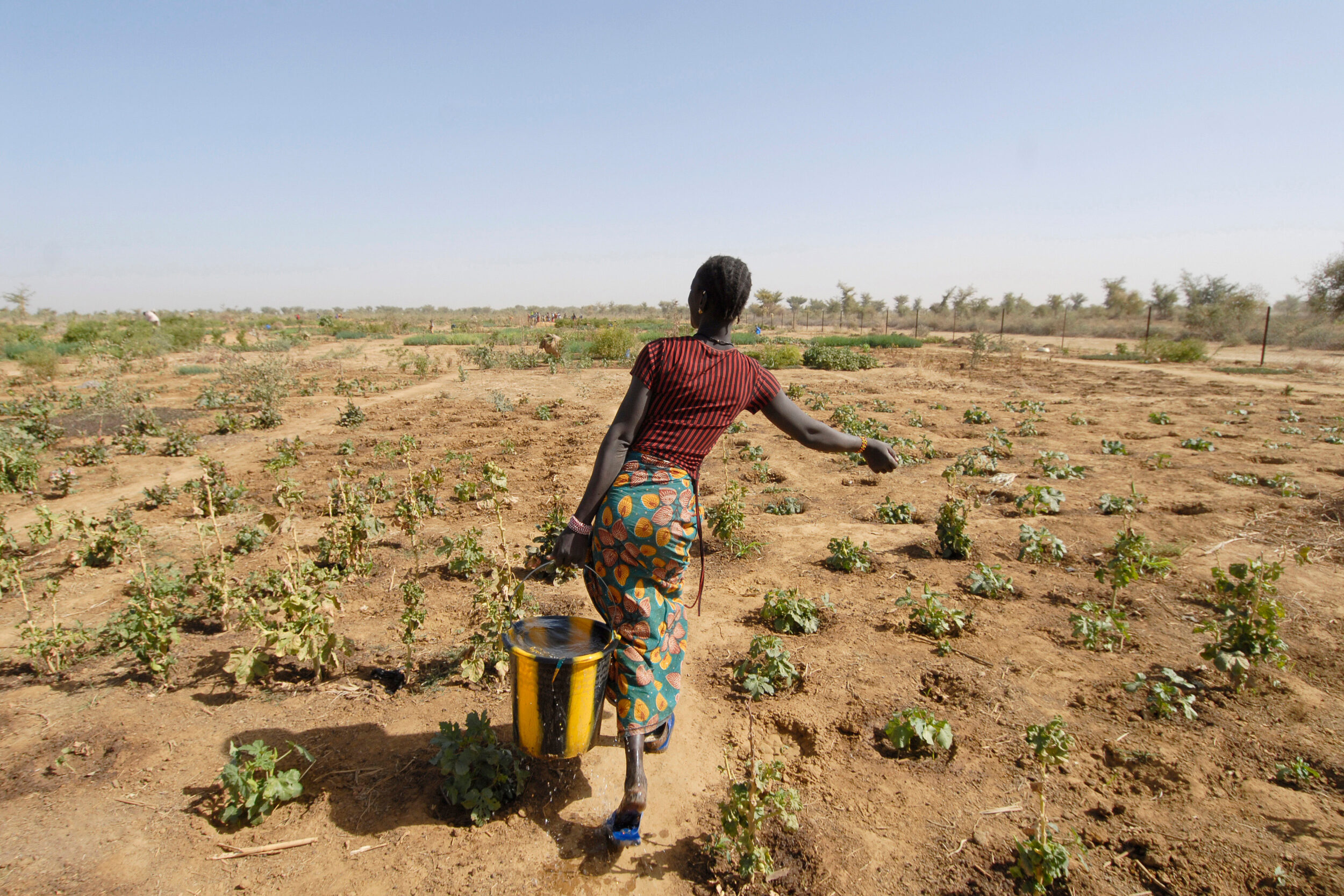World Milk Day 2024 Report – Celebrating Dairy’s Vital Role in Nutrition and Sustainability
This year, on June 1, we celebrated the vital role that dairy plays in delivering…

The CFS workstream on Reducing Inequalities for Food Security and Nutrition, led by Brazil, has kickstarted with two significant events in January 2024.
The first open-ended working group held in a hybrid manner on the 23rd of January, drew a substantial crowd including FAO Member State representative, CFS stakeholders and RBA experts. The importance of the topic has been underscored in detail by the HLPE report, and our discussions in the coming months will be guided by its findings. On the other hand, the Private Sector Mechanism has highlighted specific areas of focus for the recommendations resulting from the ongoing policy convergence process. These areas include valuable guidance on gender and youth, improved agrifood value chains and the importance of technology and innovation in all their forms.
Furthermore, a thematic discussion took place on the 29th of January, shedding light on key concepts often referred when addressing the reduction of inequalities. Dr. Bhavani Shankar, the team leader for the High-Level Panel of Experts drafting the report, explained essential concepts such as equality vs. equity, the intersectionality of factors exacerbating inequalities and the significance of agroecology as a key agricultural approach to adopt.
For further insights into the development of action-oriented policy recommendations aimed at strengthening countries’ capacities to identify and address the drivers of inequalities in agriculture and food systems to fight food insecurity and malnutrition, you can access the recordings below.